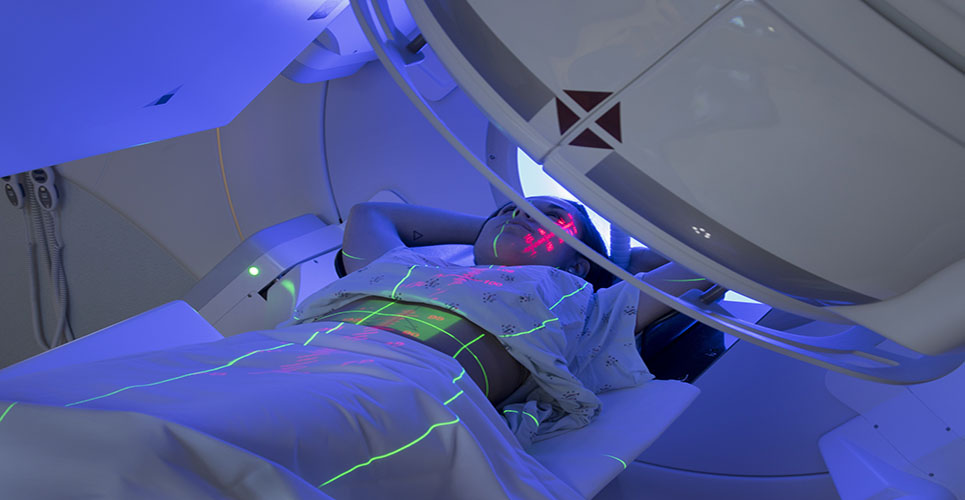teaser
Chris Cairns,
Consultant Editor
This edition we are covering, among other things, a range of cancer issues and it got me thinking about whether we as hospital pharmacists are making the best of our skills to improve the lot of the patient with cancer.
Cancer, in all its forms, is the second largest cause of death in the Western world. Treatment of cancer in the majority of cases involves the use of medicines and frequently very toxic medicines with complex-to-use regimens. In some circumstances the cure can often be worse than the disease, particularly the nausea and vomiting associated with chemotherapy.
The great majority of us will provide cytotoxic reconstitution services. These were introduced to protect the drug from inadvertent microbiological contamination and, much more importantly, to protect staff from exposure to dangerous chemicals, which could have adverse effects on their health. So what else can we do for patients?
At a previous hospital one of my pharmacy colleagues involved in cytotoxic reconstitution tried to get pharmacist expertise utilised to improve the treatment of cancer patients. Although we had an inpatient clinical service on the wards the majority of cancer work was by then being done on an outpatient basis. He visited the cytotoxic treatment unit to take some doses down. A doctor who was about to give a dose started chatting to him, telling him that the antiemetics hardly ever worked and, despite being given them, nearly all the patients vomited and felt nauseous for a long time. Although this was before the 5HT(3) antagonists, one would have expected some benefit, especially as our regimens were based on best available evidence. The pharmacist stayed with the doctor as the chemo was given, instantly spotting two things. Firstly the doctor gave the cytotoxic as a rapid IV bolus and the patient was violently sick. Secondly the doctor now was scrambling around to reach for the IV antiemetic dose. After he gave it the patient not suprisingly continued to vomit. Once the patient had been settled with further antiemetic doses and taken off to lie down to recover, the doctor said, “See – I told you the antiemetics don’t work!” The pharmacist took the doctor aside and explained that the antiemetic was likely to be more effective if it was given before the chemotherapy. The doctor’s eyes lit up with the realisation of how obvious that was. Secondly he explained that the “IV bolus” should not be injected rapidly over a second or so, but over a couple of minutes. The doctor had been completely ignorant of this fact and had never read the information about the drug. He assumed that as it came in a syringe it made no difference how slow or fast it should be given, and fast was easier so that’s what he did.
The moral of this tale is just because we provide high quality medicines, reduce the risks to colleagues and reduce the risk to patients of a preparation error, we must still make sure they are used effectively and properly once we pass them on to our nursing and medical colleagues. We must think of medicine use as a complete process and take an overview of it all.
Chris Cairns, Consultant Editor

